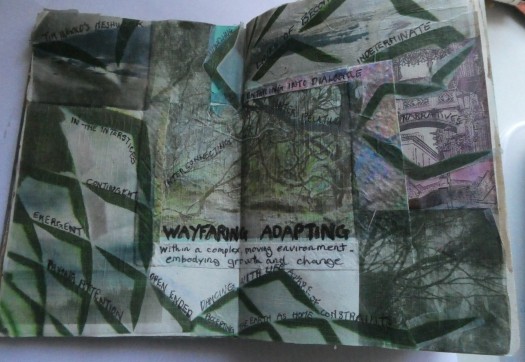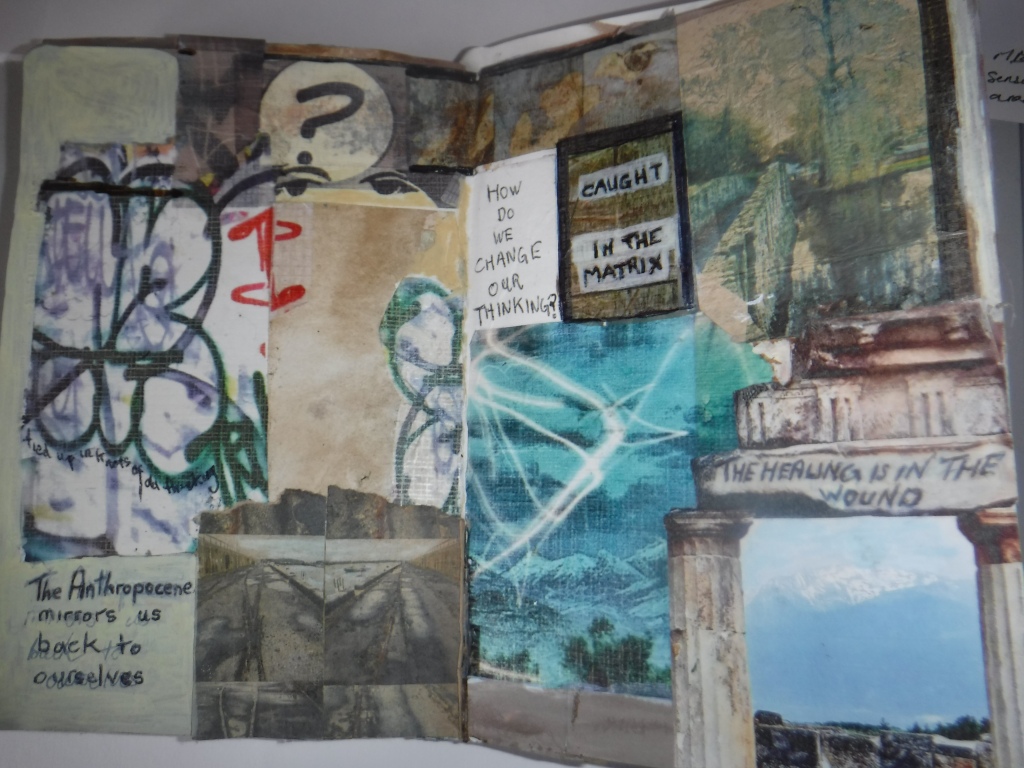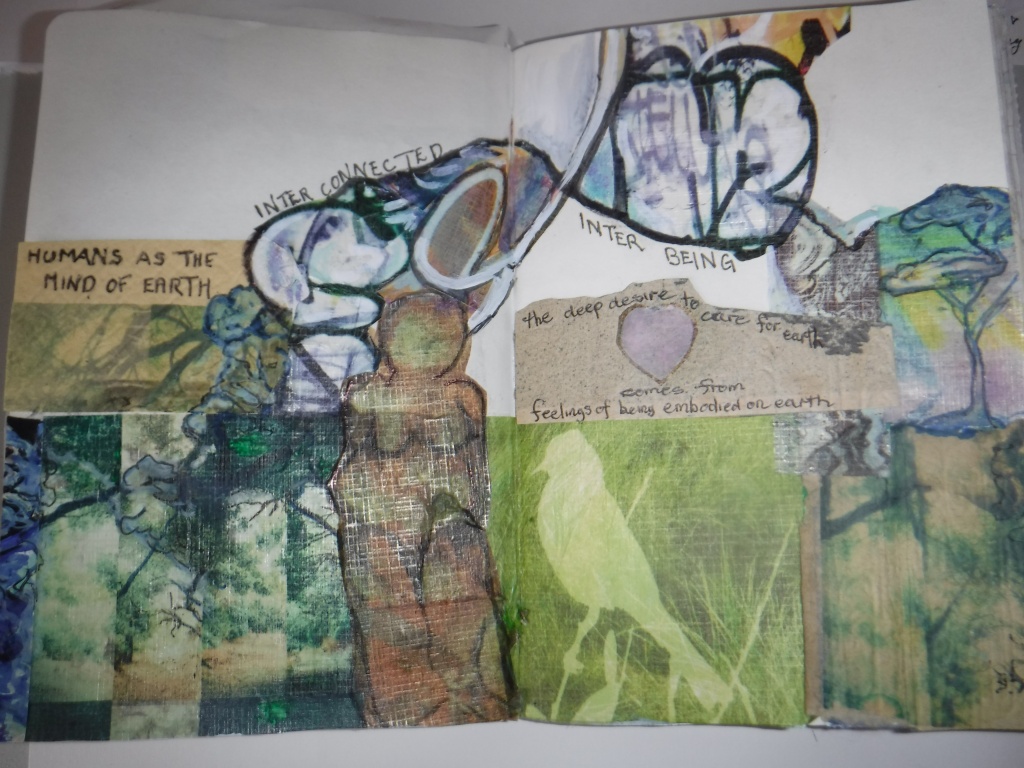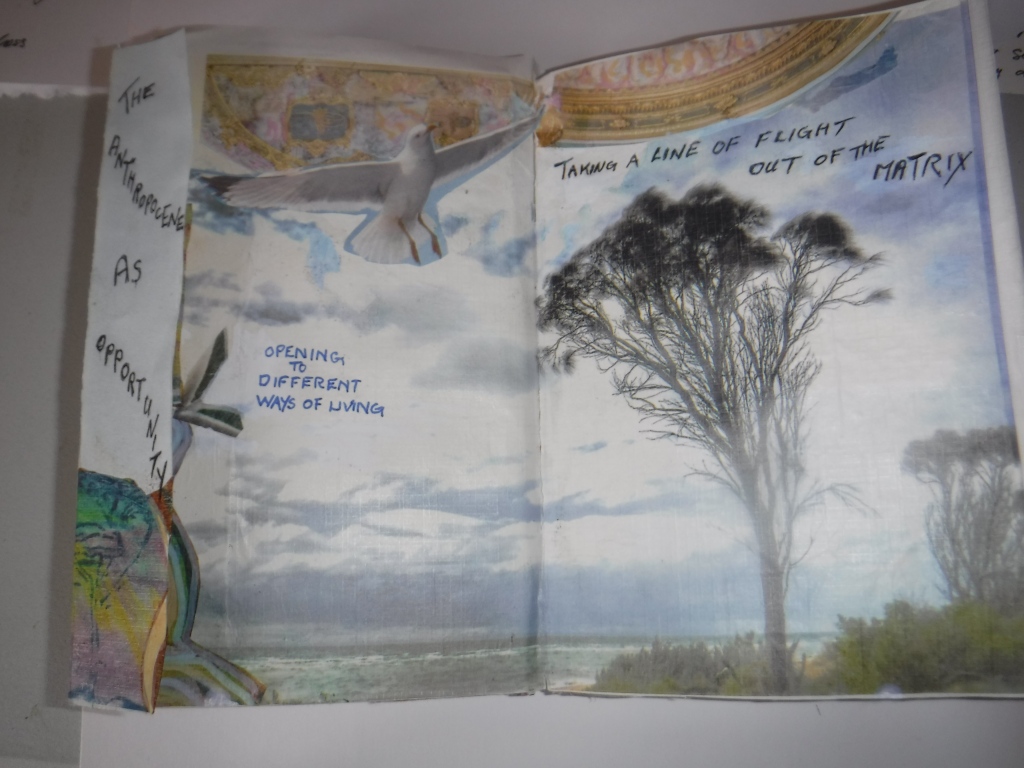I’m loving all your comments. They are helping me get clear on where these posts are going. I’ve made a mud map of future posts and think there will probably be 7 more. The inspiration is flowing now and I am hoping to get a post up every day.
So many thoughts are swirling around my mind as I consider your comments on religion, patriarchy and the economy. At first, I thought I’d have to tackle them all in separate posts but then I realized they are intrinsically linked. I’ve given up trying to write this stuff in a logical, grammatically correct manner. Taking Einstein’s idea that we cannot solve our problems with the same thinking we used to create them as my guide, I will approach these blog posts through a stream-of-consciousness wayfaring process.

We need a paradigm shift. A change in how we live on the planet.
The system we live in is a construct that favours the few at the top and oppresses everyone else. It is based on exploitation, whether that is the exploitation of the natural world, animals or people without power or privilege.
It could be said that the chaos we are witnessing now is a direct end result of the mental structures that lie beneath this patriarchal, capitalist system – a system structured around the concept of unlimited growth on a planet of limited resources. It is a system that ultimately cannot sustain itself.
Now the foundations are beginning to collapse
under the weight of their own inconsistencies.
There are lots of ideas out there about how new systems could be structured. In this series of posts about anthropocentric consciousness I am not focusing on practical economic solutions because I am not an economist. Two concepts I came across when I did some research are ecological economics and participatory economics but I’ll leave it to interested readers to do their own research. The idea of a circular economy makes a lot of sense of to me because I think we throw too much away. Where is this ‘away’? As far as I can see there is no away because our waste is now coming back to haunt us. I also think the redistribution of wealth secreted away by the top 1% would go a long way to solving world hunger and providing adequate shelter for all.
To implement any of these ideas
WE NEED A PARADIGM SHIFT
To get there I think we have to deconstruct the conceptual base of this system where powerful white males (and their minions) think they have a God given right to exploit the Earth.
This has to stem from the Biblical passage:-
Genesis 1:26New King James Version “Then God said, “Let Us make man in Our image, according to Our likeness; let them have dominion over the fish of the sea, over the birds of the air, and over the cattle, over all the earth and over every creeping thing that creeps on the earth.”
So obviously the god we are talking about here has no relationship to the spiritual beliefs of indigenous people or with pre Christian Earth goddesses…

If I jump out of the matrix and go to the spiritual beliefs of indigenous people and to the ancient Earth goddesses I see that many centre around the concept of humans living in harmony with the Earth and all nonhuman life. Feelings of being embodied on the Earth lead into the desire to respect, nurture and protect all life.
This is not a superficial notion but is a way of thinking about being human that is utterly different from mainstream Western ideas. It is beautifully expressed here:-
“We are the land … the Earth is the mind of the people as we are the mind of the earth. The land is not really the place (separate from ourselves) where we act out the drama of our isolate destinies. It is not a means of survival, a setting for our affairs … It is rather a part of our being, dynamic, significant, real. It is our self … Paula Gunn Allen, Laguna Pueblo (1979: 191–192)

This leads to the question of how we change our thinking and shift towards more holistic ways of living in harmony with each other, the planet and all non-human beings. Researching this I came across a fascinating article on the subject at https://earthathome.org/
“Changing a closely held worldview is not about changing understandings of isolated concepts, but rather remaking that worldview. What goes into such a large change? Changing one’s mind about deeply held beliefs requires reaching a tipping point.”
This concept of a tipping point fits with the idea that the many crises of the Anthropocene can propel us into rethinking the values of our culture. Old certainties are suddenly no longer as stable as they once were. The places we inhabit can be altered, even destroyed by environmental degradation, natural disasters and climate change. Conditions we once considered secure are no longer rock solid structures. Our usual ways of thinking and living are challenged. In so many ways we are being unmade.
The French philosopher, Giles Deleuze and the psychoanalyst, Felix Guattari called this unmaking ‘deterritorialization’. This is followed by a remaking, or what they call ‘reterritorialization’ – a complex non-linear process that can be contradictory and destabilizing but which leads to new, more fluid ways of being – an always becoming.

I ‘ll take a deeper dive into these ideas in my next post. Please keep your comments coming. They are an important part of this investigation for they expand the discussion into areas I haven’t thought of myself.

So interesting, Suzanne. Was just seeing a tweet about a research paper on how limiting resource consumption equitably across the globe can help counter the effects of climate change instead of the endless growth and exploitation model.
LikeLiked by 1 person
There are lots of good ideas out there at present. Wouldn’t it be brilliant if we could limited resource consumption. At exactly the same time as you wrote this comment I sent you an email 🙂
LikeLiked by 1 person
This is an excellent crystallization of the road that must be traveled to save our planet. The US could definitely feed and house everyone here with just a fraction of the resources being hoarded by the 1%. But as you point out, that’s just a Band-Aid. The entire approach to being part of this planet, rather than having dominion over it, has to change. (K)
LikeLike
Thanks so much Kerfe. Yes, we need a fundamental shift in thinking.
LikeLiked by 1 person